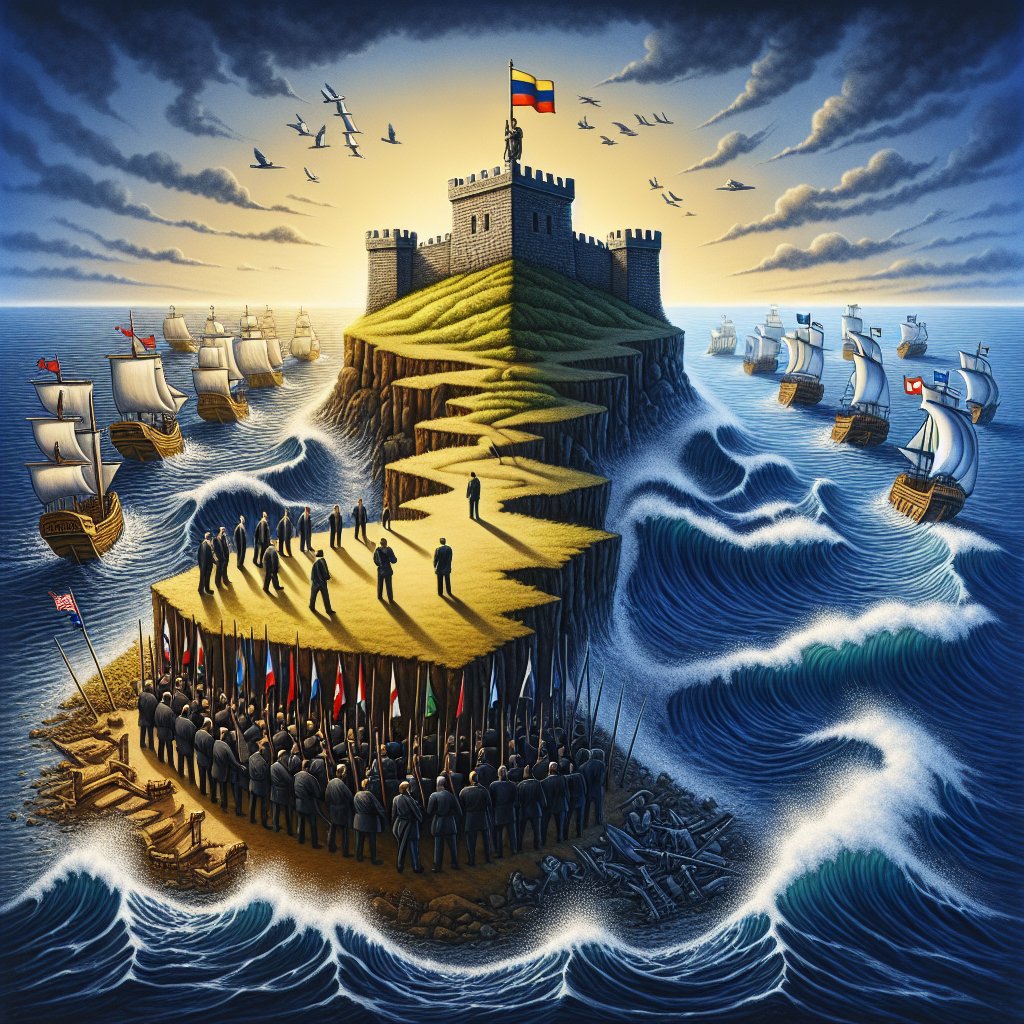Content created by AI
ANC's Counter-Strategy Against Zuma's New Political Endeavor Ahead of 2024 Elections
The announcement of former South African President Jacob Zuma's intention to lead a new political party has spurred the African National Congress (ANC) into strategic defensive mode as the 2024 elections approach. In a bid to dampen the impact of Zuma's new venture and maintain its stronghold, especially in the politically significant KwaZulu-Natal province, the national leadership of the ANC is hatching a plan that echoes the successful dismantling of the Congress of the People (Cope) breakaway in 2008.
Details from within the party suggest a multifaceted strategy to mitigate what's been termed the 'Zuma problem.' The approach involves limiting access to election strategy details within the party's provincial and regional executive committees in KwaZulu-Natal to prevent possible leaks and fragmentation.
The challenges facing the ANC are multi-dimensional. The tribal divisions within KwaZulu-Natal provide a fertile ground for Zuma's appeal, thus, complicating President Cyril Ramaphosa's campaign efforts in the region. There is also a risk that some national and provincial ANC leaders might sway towards Zuma's faction, though no definitive move has yet been observed.
To tackle this, the ANC is turning to Zuma's former wife, Nkosazana Dlamini Zuma, and his one-time close ally, Zweli Mkhize, both of whom have had a strained relationship with Ramaphosa. Their deployment is not without risk, given their previous opposition to Ramaphosa’s leadership, but their influence in the province cannot be overlooked.
The ANC's strategy is also underpinned by a discerning silence and a level of secrecy amongst its ranks – a direct lesson from their experience with Cope. This also means that prominent figures within the provincial executive committee, like Super Zuma, may be kept at arm’s length to secure the integrity of the campaign strategy.
This internal strife has come on the back of allegations from Zuma that Ramaphosa has actively been seeking to undermine and financially isolate him, a claim that points to deep-rooted tensions within the ANC.
To make matters more complex, the KwaZulu-Natal PEC's initial thoughts of disciplinary actions against Zuma have pivoted towards a more tactful approach. Senior figures in the province are to engage with stakeholders in a show of unity and refrain from openly disparaging Zuma.
At the national level, however, the ANC has expressed disappointment in Zuma's actions and has deferred any concrete decision on dealing with him to the higher NEC echelons. Meanwhile, the South African National Civic Organisation (Sanco), a key ally of the ANC where Zuma serves as the KwaZulu-Natal chairperson, has distanced itself from taking punitive measures against him, indicating a potential rift between the party and its allied organization.
This development adds further uncertainty to the political landscape, with the ANC having to navigate internal divides and external pressures as it readies itself for the upcoming electoral contest.










